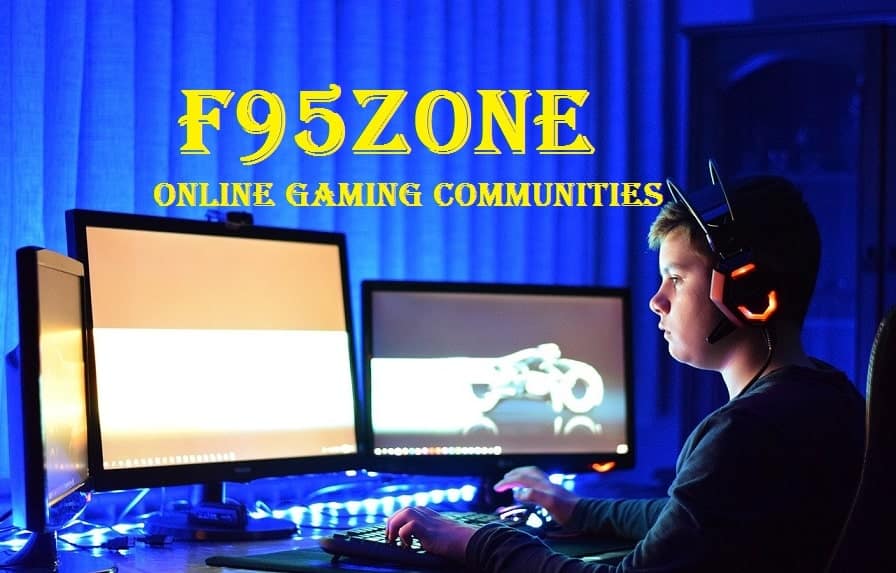Mental Times, Psychiatric Times Vol 36, Issue 9, Volume 36, Issue 9 With web and video gaming setting down deep roots, game originators will keep on focusing on constant gaming over the soundness of players, and the weight of neurotic gaming will fall on clients and their families.
gaming dependence and gaming issue
“He’s dependent on ‘Fortnite’ It was practically turning into an unmistakable example: kid begins playing a videogame, the youngster will not quit playing a videogame, guardians eliminate admittance to a videogame, the kid becomes violently angry with here and there alarming outcomes. However, while this example was frequently unsurprising, it was hard to name. There are money wifi online game. Razer DeathAdder Elite Gaming Mouse is most demanding one gaming mouse to play online game.
Gaming problem is by all accounts a fitting finding, however, its reality as a free emotional wellness condition remains profoundly disputable, with numerous analysts and clinicians isolated on this issue. In May 2019, the World Health Organization (WHO) at last took an authority position; gaming issue will be named a clinical disease in ICD-11.
Their choice depends on “surveys of accessible proof and mirrors an agreement of specialists from various disciplines and geological locales that were engaged with the course of specialized conferences attempted by WHO during the time spent ICD-11 turn of events.”
Demonstrative contention
WHO is seemingly the most persuasive association to say something regarding this discussion hitherto, and thusly, their assignment has effectively produced a lot of global analysis.
Various agents from the video gaming industry grouped to convey a joint assertion, expressing “The World Health Organization realizes that sound judgment and target research demonstrate computer games are not habit-forming. . .. We firmly urge WHO to invert heading on its proposed action.”2 The gaming business isn’t the only one in its analysis of WHO’s choice.
Andrew trial clinician and Director of the examination at the Oxford Internet Institute reacted to the proposed assignment as ahead of schedule as last year, expressing that “WHO’s a provisional move to pathologies computerized play is premature.
“3 In 2017, an excess of 20 different specialists distributed an open discussion paper reacting to the conceivable ICD-11 assignment; they communicated worries that with this assignment, people who play computer games without creating neurotic use will be improperly stigmatized.4 However, analysis of gaming problems works out positively past concerns in regards to its likely effect on “sound” gamers.
Primer proof for obsessive gaming
One analysis against making the gaming problem an autonomous issue is that the neurobiological results of other habit-forming messes are broadly recorded, while those related to gaming issues are not. Imaging investigations of gaming problems are not many and have huge plan impediments (eg, homogenous examples, wide variety in sort of gaming).
Be that as it may, regardless of the irrefutable requirement for extra exploration, fundamental proof recommends conceivable conduct and physiological changes from expanded gaming. People meeting models for web gaming issues (IGD) seem to show diminished misfortune affectability, improved reactivity to gaming signals, and distorted award-based learning, like changes seen with neurotic betting behavior.
Neuroimaging considers, explicitly fMRI, additionally demonstrate changes in cerebrum districts related with compulsion, rewards, and enthusiastic handling; contrasted and controls, people with IGD might have expanded actuation in regions, for example, the core accumbency, amygdala, foremost cingulate, dorsolateral prefrontal cortex, and insula.
Additionally, diminished dim matter volumes have been found in the cerebellum, orbitofrontal cortex, front cingulate cortex, and valuable engine space of people with IGD.6
These neurobiological changes might be more articulated for particular sorts of computer games,
explicitly identified with how to reward conveyance is planned inside a game. For instance, numerous famous computer games presently incorporate “plunder boxes,” where gamers can pay genuine cash to buy an arbitrary determination of virtual prizes.
The gamer expects that in that determination will be an exceptionally pursued compensation of extraordinary worth inside the computer game itself. The stunt is that as the gaming machine, the chances of acquiring an important thing are both unusual and thin, inciting the gamer, fundamentally, to bet.
Plunder boxes are by all accounts not the only strategy computer game originators use to propagate gaming, however, the sheer number of, and changeability between, computer games makes it massively hard, to sum up, neurobiological discoveries to all people with neurotic gaming issues. So issue can be solved by playing the sa game which is sagame666 to spend free time properly.
Restricted treatment choices
One more possible boundary to perceiving “gaming issue” is that there are restricted treatment choices for the problem. There is a long-standing proverb in medication that once a doctor authoritatively perceives and reports an issue, the onus is then on the doctor to sort out some way to fix it. For gaming problems, the absence of normalized research settles on treatment choices incredibly testing.
What little proof there is recommends that treatment choices like those utilized in habit-forming messes (e.g., bupropion, intellectual conduct treatment) may give some advantage, and that treating comorbid conditions (e.g., ADHD, sorrow) might be helpful.
However, to perceive viable treatment choices for IGD, a normalized definition, determination, and screening technique are vital; in this way, without worldwide acknowledgment of IGD and ensuing normalization of demonstrative models and screening, treatment studies will probably keep on being lacking.
Obsessive gaming as an independent finding
Maybe the main discussion over the presence of IGD identifies with whether or not obsessive gaming and web use are related wonders coming about because of emotional well-being messes, instead of isolated elements. IGD has been observed to be comorbid with various mental analyses, including discouragement and nervousness.
click here for more articles







